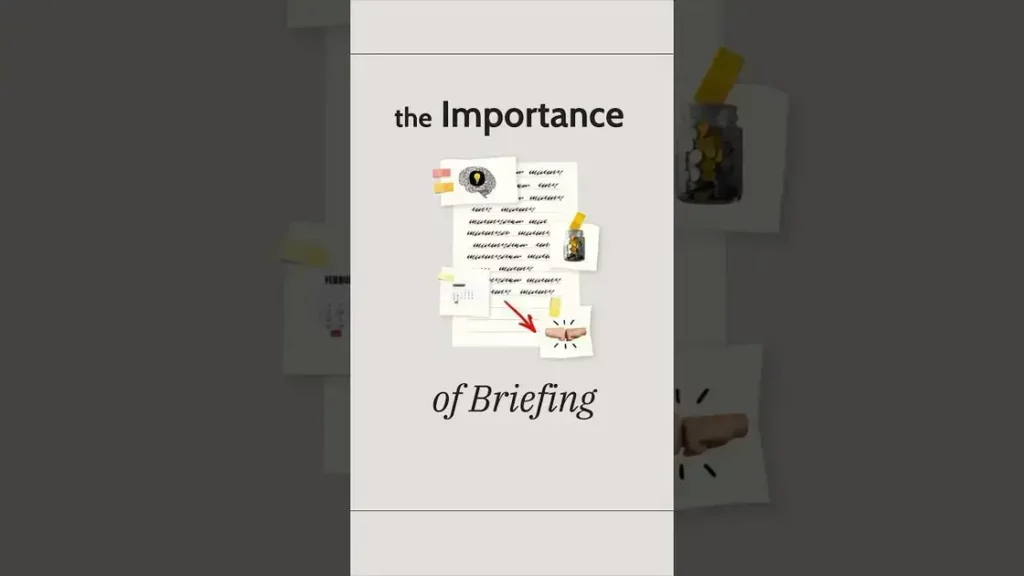Leitura: 7 minutos Discover how the science of happiness can transform personal effectiveness and team results—at zero cost. This article reveals what industry leaders are gaining from free happiness science courses, and why you can’t afford to ignore this strategic advantage.
Why Happiness Science Matters
The science of happiness has shifted from academic theory to practical driver for organizational performance. Prestigious universities now offer free courses that examine how positive psychology impacts productivity, resilience, and collaboration.
- Happier employees show higher engagement and lower turnover.
- Data links well-being to improved market share and brand trust.
- Free access democratizes learning for entire supply chains.
In practice, investing in happiness science isn’t just nice—it’s a risk-managed step toward competitive dominance. Think your organization can ignore this?
What Free Courses Offer Leaders
Free happiness courses provide more than theoretical frameworks. Top-rated programs, such as Yale’s “The Science of Well-Being,” translate academic insights into scalable strategies for leadership and organizational culture.
- Modular, self-paced learning for busy executives.
- Evidence-based methods for resilience, optimism, and growth.
- Peer discussion forums for real-world application.
For decision-makers, this means powerful knowledge with zero initial investment—a rare moment of market opportunity. How are you capitalizing on free learning?
ROI: From Productivity to Retention
The ROI on happiness science is measurable: studies reveal firms implementing these ideas see meaningful upticks in productivity, creativity, and retention.
- Teams trained in well-being report 12-15% higher output.
- Turnover rates drop when employee mood management becomes policy.
- Resilient staff better navigate market shocks and supply chain disruptions.
For leaders focused on risk management, leveraging these courses translates to tangible bottom-line benefits. Will your HR strategy seize this momentum or lag behind?
Trends: Market Leaders Embrace Well-Being
Major US corporations now design internal learning paths around happiness science, tying well-being metrics to performance reviews and strategic planning.
- Tech firms treat employee happiness as a market differentiator.
- Retail and logistics prioritize resilience in volatile markets.
- Boards demand regular reporting on mental well-being KPI’s.
In practice, this means happiness is no longer “soft”—it’s hardwired into business intelligence. How will your competition use this insight to edge you out?
Emerging Risks and Future Shifts
Regulators and investors now ask about psychological safety as part of risk governance. The next wave of workplace audits may grade firms on happiness strategies alongside financials.
- Expect tighter ESG requirements around mental health.
- AI-driven analytics will monitor team sentiment in real time.
- Failure to prioritize well-being may soon generate regulatory penalties.
The implication is clear: tomorrow’s market share will go to those mastering both emotional and technological intelligence. Is your business ready for this dual challenge?
